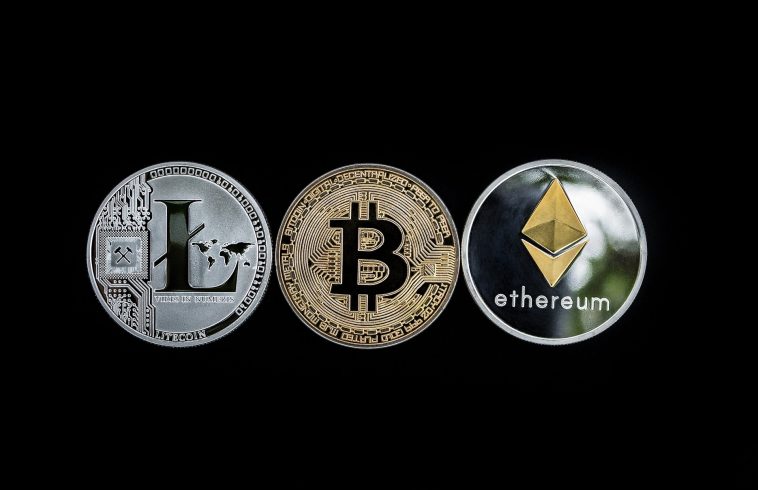From celebrity-endorsed memecoins to tap-to-earn games that promise illusory wealth, the crypto and blockchain scene in Nigeria has often been seen as a series of get-rich-quick schemes. Senator Ihenyen, Lead Partner and Head of Blockchain at Infusion Lawyers, highlighted this issue by stating that the focus of Nigeria’s blockchain and crypto space has been on hype rather than originality. Speaking at the Lagos Blockchain Week earlier this month, Ihenyen emphasized that while blockchain has the potential to address real-world problems in the logistics and finance sectors, the current focus on hype lacks substance.
Although blockchain is often associated with cryptocurrencies, Ihenyen provided examples of its other applications. In the pharmaceutical sector, for instance, he explained that the authenticity of a medicine can be verified if the manufacturer tracks it transparently and in real-time.
A 2023 publication by the United Nations estimated that 500,000 people die from fake drugs each year in sub-Saharan Africa.
While there aren’t many popular blockchain solutions to address problems like this, IBM has developed Blockchain Transparent Supply, an infrastructure that helps pharmaceutical companies ensure that products on the shelves and in pharmacies are authentic.
According to IBM, “Data sharing and visibility into a product’s journey from the production line to the patient make it possible to decrease fraud through an immutable record of events.”
Chimezie Chuta, Founder of Blockchain Nigeria User Group (BNUG), who also attended the event, highlighted a use case in elections.
He suggested that the technology could be tested at lower levels, such as elections for student unions or the Nigerian Bar Association (NBA), before being implemented on a national scale.
While blockchain-based voting systems are not widely adopted, they have been proposed in the past.
In 2019, US presidential candidate Andrew Yang stated that he would implement blockchain-based mobile voting if he won the 2020 election, arguing that “it is ridiculous that in 2020 we are still standing in line for hours.”
Interestingly, West Virginia, US, used a blockchain-based mobile voting application for citizens who were out of the country during the elections. The state described the election as successful, although it did not share any details.
This lack of transparency is a reason why blockchain-powered elections have faced criticism in some circles.
According to Ars Technica, loopholes such as phishing scams were not adequately addressed, especially considering the concerns about foreign interference in US elections.
In Nigeria’s case, Chuta pointed out that the decision to use blockchain to conduct elections rests with politicians, who may benefit from the lack of free and fair elections.
However, these criticisms do not undermine the viability of blockchain, which could have mainstream applications outside of cryptocurrency; if anything, they indicate that it needs further improvement.
According to Nigeria’s Securities Exchange Commission, memecoins lack fundamental value. The Commission issued this statement while warning the public about the risks of investing in $DAVIDO, the crypto token launched by afrobeat star David Adeleke, popularly known as Davido.
The trend of memecoins like $DAVIDO diverges from the disruptive potential of blockchain and cryptocurrency, as proposed by proponents of the technology such as Satoshi Nakamoto, who created Bitcoin, and even Nigerians like Chuta.
However, Ihenyen sees it as a bittersweet situation.
“Memecoins are easily the most common window into the crypto world,” he said. This perspective comes from the fact that many people first discover crypto through the memecoin hype.
These memecoins are also designed to be affordable, making it easy for newcomers to join the crypto space due to FOMO (fear of missing out).
But the downside is that people who encounter crypto or blockchain through scam memecoins often never return.
While these might just be individuals who had a bad first experience with crypto, Ihenyen noted that it will have a long-term effect on adoption.
“If we really want adoption to go mainstream, we cannot continue to risk short-term adoption for long-term adoption.”
He suggests that one solution is for those launching memecoins to be open and transparent about the associated risks.
“Remove the notion that people can become overnight millionaires.”
While this approach might manage people’s expectations when dealing with memecoins, it does not improve the general perception of crypto and blockchain.
For example, American billionaire Warren Buffett described Bitcoin as “rat poison squared” and asserted that it has no unique value. Similarly, JPMorgan Chase & Co CEO Jamie Dimon called Bitcoin a fraud with no hope.
The memecoin trend, filled with numerous scam coins, supports these viewpoints and diminishes the importance of crypto, especially blockchain, as a disruptive technology with numerous applications.
However, if the memecoin trend fades, perhaps fundamental projects with real use cases will gain the world’s attention.
 We just launched our WhatsApp channel. Want to get the latest news from the Tech in Africa?
We just launched our WhatsApp channel. Want to get the latest news from the Tech in Africa?



